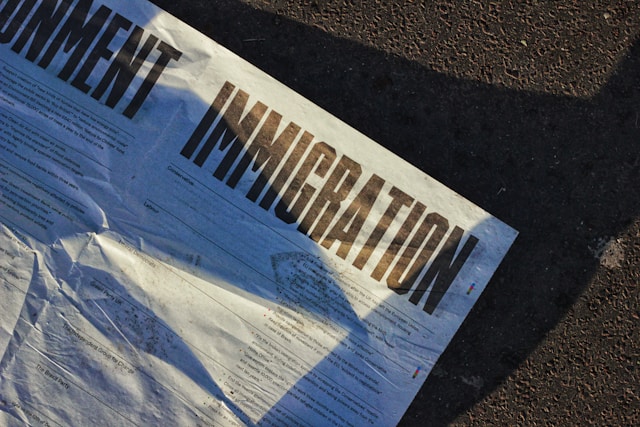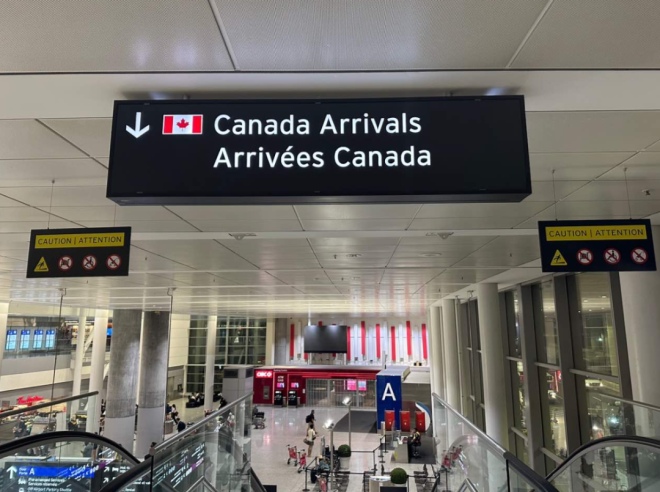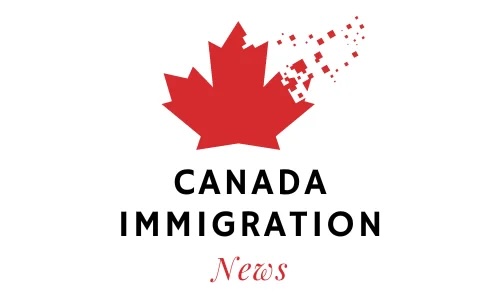Recent data released by Immigration, Refugees, and Citizenship Canada (IRCC) shows that as of September 30, 2024, the backlog of applications processed by IRCC—including permanent residence, temporary residence, and citizenship applications—has risen to 1,097,000 cases, an increase of 1.73% from the previous month. Since the backlog first surpassed one million in July this year, the number has continued to climb.
Current Status of Backlogged Applications
According to IRCC statistics, there are currently 2,450,600 various types of applications under processing, with 1,353,600 of them handled within official service standards. This figure represents a slight improvement from the 1,342,500 processed in August, reflecting some increase in IRCC’s efficiency. However, the growth rate of backlogged applications continues to outpace the improvement in processing capacity.

IRCC defines applications as backlogged if they are not processed within the published service standards. These standards vary by immigration program and application type. For example, the target processing time for Express Entry applications is six months. IRCC aims to process 80% of applications within service standards, but actual results are constrained by the volume of applications and available resources.
Permanent Residence Application Backlog
As of September 24, IRCC had received 816,000 permanent residence applications, of which 510,800 (63%) were processed within service standards, leaving 305,200 considered backlogged. In the Express Entry program, 17% of applications were backlogged, slightly below IRCC’s target of 20% but higher than the expected 15%. The backlog rate for Provincial Nominee Programs (PNP) aligned with Express Entry stood at 23%, exceeding the 20% projection. For spousal, partner, and child sponsorship applications, the backlog rate remained at 15%, aligning with expectations.
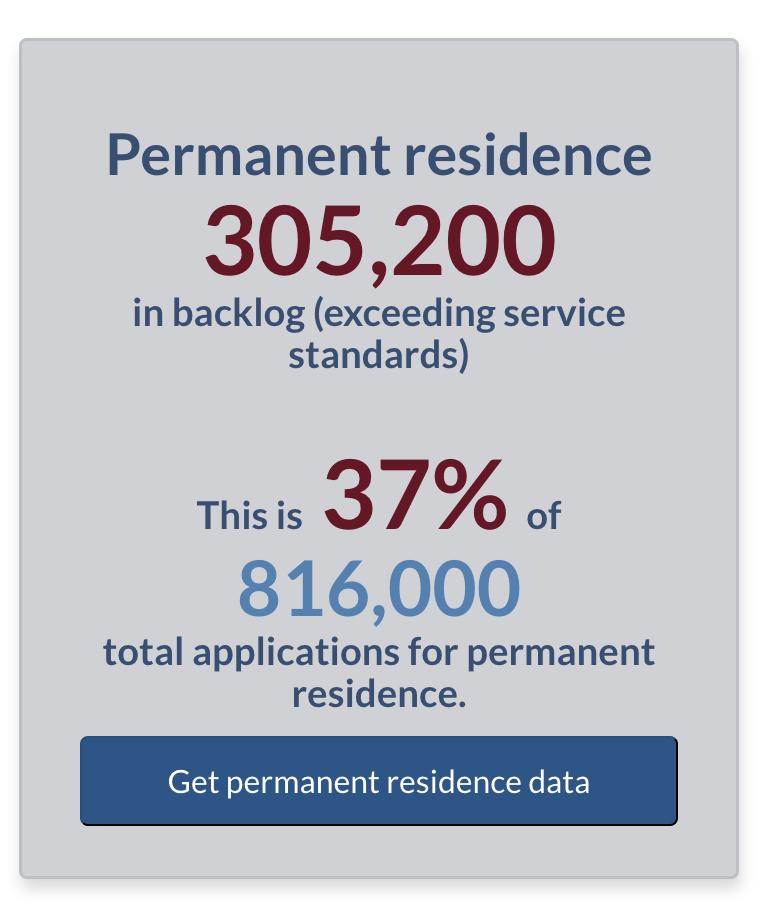
Sharp Increase in Temporary Residence Application Backlog
The backlog rate for temporary residence applications has risen significantly. Of the 1,411,700 temporary residence applications, only 658,000 were processed within service standards, leaving 753,700 considered backlogged. The backlog rate for temporary residence applications has climbed to 53%. Among these, the backlog rate for study permits was 36%, while work permits faced a backlog rate of 47%.
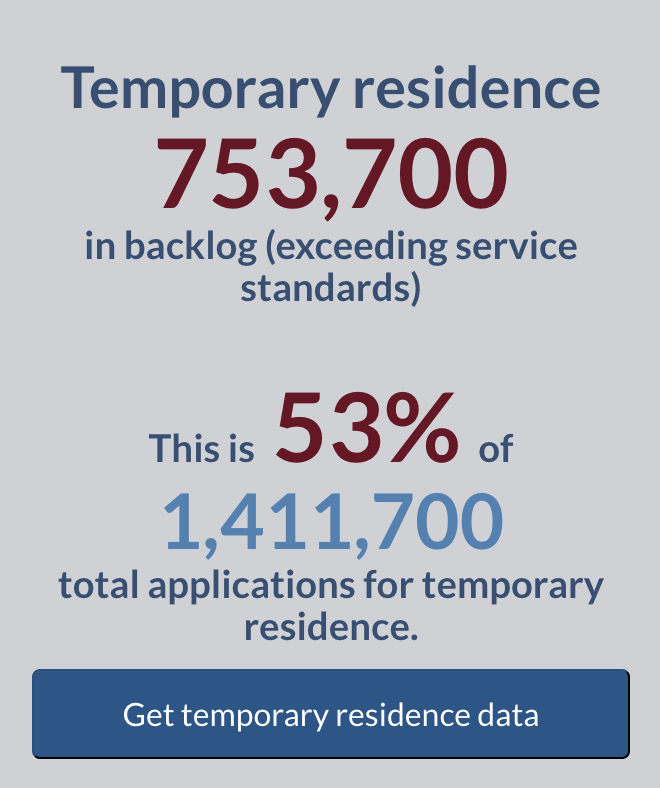
Citizenship Applications Remain Stable
Since November 2023, the backlog rate for citizenship applications has remained within target ranges. As of September 24, the backlog rate was 17%, unchanged from the previous month.
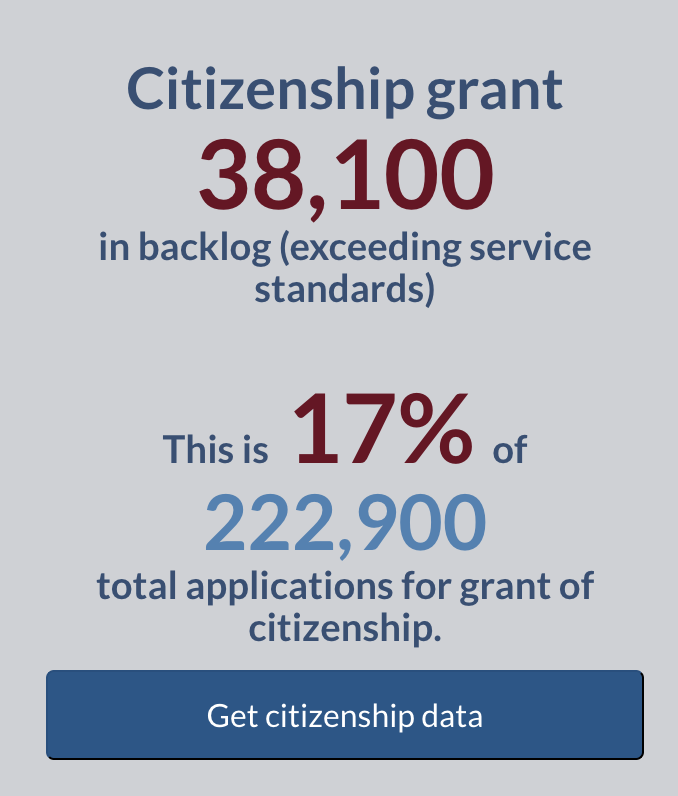
IRCC’s Measures to Address the Backlog
In response to the growing backlog, IRCC has implemented a series of measures. The latest Immigration Levels Plan, released on October 24, includes targets for temporary resident admissions for the first time and lowers permanent resident admission targets over the next three years. These reduced targets are expected to ease current backlog pressures.
Additionally, Canada’s Federal Court launched the “Study Permit Pilot Project” in October to expedite the judicial review process for rejected study permit applications. Through this project, applicants can have their cases reviewed in under five months, compared to the usual 14–18 months.
IRCC also announced that it will prioritize applications from workers in critical occupations and extend the validity of Post-Graduation Work Permits for master’s degree graduates from two years to three years to attract more highly skilled talent to remain in Canada.
Outlook
With IRCC implementing multiple measures to address the backlog, applicants are hopeful for further improvements in processing efficiency. However, the continuous growth in applicant numbers and limited resources remain significant challenges for IRCC. In the future, ensuring fairness while improving processing speed will be a key focus for Canada’s immigration authorities.

